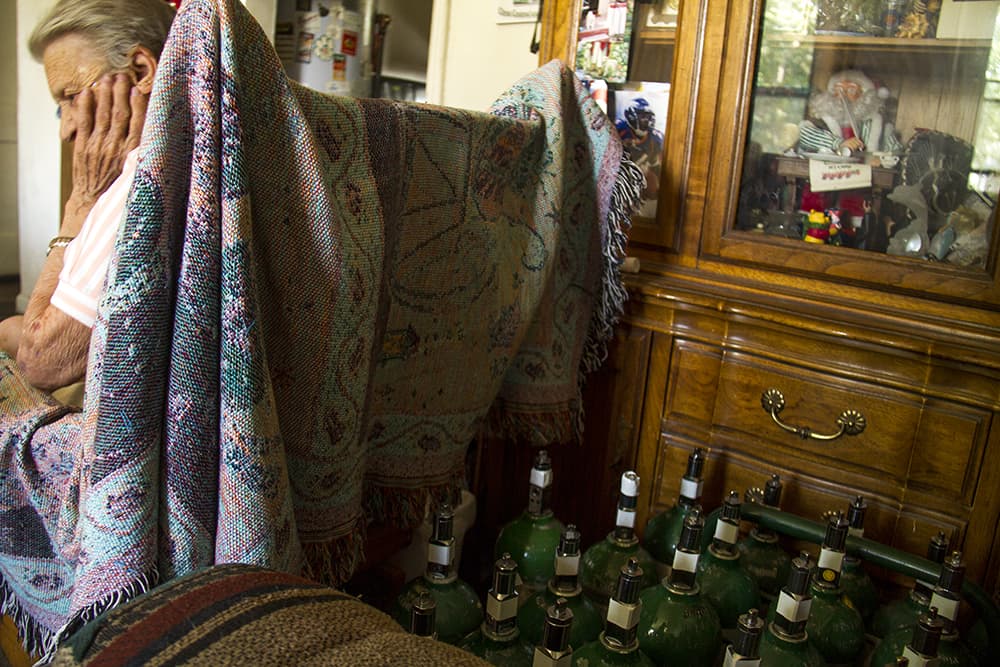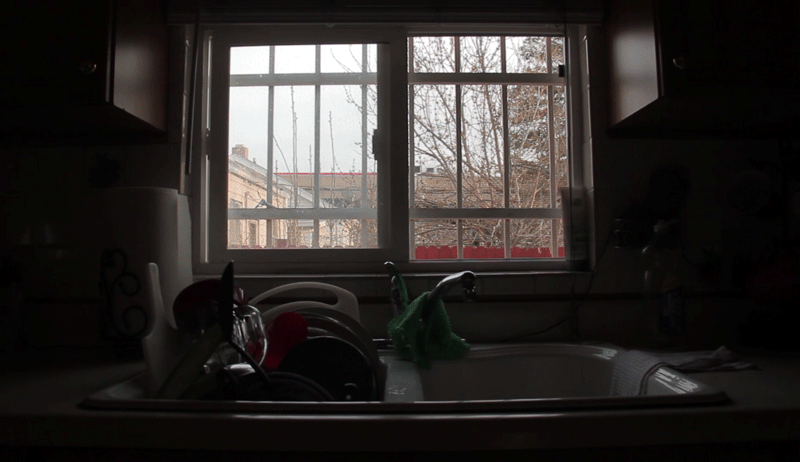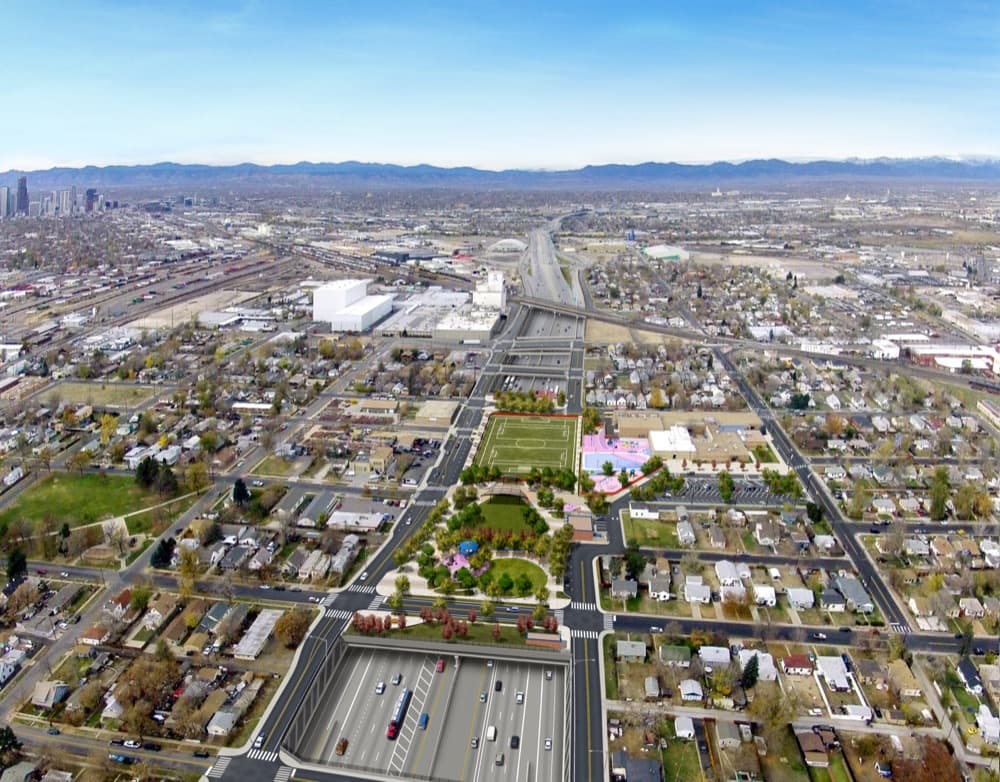
The Colorado Department of Transportation and the North Denver Cornerstone Collaborative will pay for improvements to 268 homes near the planned I-70 expansion to keep out dust and other pollutants during construction.
CDOT and the city are setting aside $3.75 million, with $2.3 million coming from the state transportation agency, for the upgrades, which include interior storm windows, attic insulation, weatherization and caulking, air conditioning units and a monthly utility credit to pay for the extra cost of air conditioning. Property owners can have all of these repairs done or pick and choose or decline entirely.
These upgrades are one of CDOT's commitments as part of the "record of decision" issued by the Federal Highway Administration, which gave permission for the project to move forward. The Central 70 project will widen 10 miles of the highway to 10 lanes, demolishing the aging viaduct that currently holds it high in the air and instead sinking the highway into a 250-foot wide trench. Part of the trench will be covered with a four-acre park.
"We've never done this before," CDOT spokeswoman Rebecca White said. "This is a unique offering for CDOT. The community asked for it. It's a significant thing to take that viaduct down and sink the highway, and we wanted to assure people it would not be a loud and dusty environment for them."
Not everyone thinks these improvements are enough.
"The mitigation that they're providing is kind of offensive, actually, because what they're telling us is that the air is toxic. They're creating mitigation for us to be trapped inside our homes for the next generation. That's really problematic that they're saying, 'You get a window air conditioning unit so you can stay in your house for the next five years,'" said Candi CdeBaca, neighborhood activist and opponent of the I-70 expansion.
CDOT officials say the air isn't "toxic" -- they have to comply with air quality standards and there is ongoing monitoring, including from a monitor at Swansea Elementary School, the results of which are posted online. People who live in Globeville and Elyria-Swansea have much lower life expectancy than people in other parts of the city and high rates of asthma and other pulmonary diseases, with the highway being one part of a legacy of pollution.

White said CDOT will also be mitigating dust, noise and other pollution at the construction site through a variety of measures, from spraying dust suppression materials to requiring contractors to install filters on diesel equipment and limit idling. Monitors along the construction site will be set at levels lower than the usual standard so that contractors can take steps to reduce dust quickly.
"Just because it's a big project doesn't mean it can't be done in the right way," White said.
White said that CDOT is committed to performing that list of repairs and improvements for all 268 eligible homeowners, even if it requires the agency to come up with more money.
CDOT will try at least three times to reach every homeowner.
White said the agency last week sent 94 letters to non-resident homeowners, the group that CDOT believes will be the hardest to reach, and has already heard from 22 of them. The agency is committed to sending three letters to each property owner, and White said the agency is getting phone numbers for landlords when possible and might follow up with certified letters that require a signature from the recipient.
CDOT needs the permission of property owners to make upgrades.
CDOT must do all the mitigation work before it can start construction, but if homeowners are totally non-responsive, the agency can move on. That has community activists concerned that some renters won't receive the benefits to which they are entitled.
The Denver City Council's Safety, Housing, Education and Homelessness Committee will consider an intergovernmental agreement between the city and CDOT to do the repairs at its Wednesday meeting. This is the 1:30 p.m. meeting, not the morning meeting dedicated to a potential smoking ban on the 16th Street Mall.
This story has been updated to include a link to air monitoring results and new numbers for landlords who have responded to a CDOT letter about the repairs.













